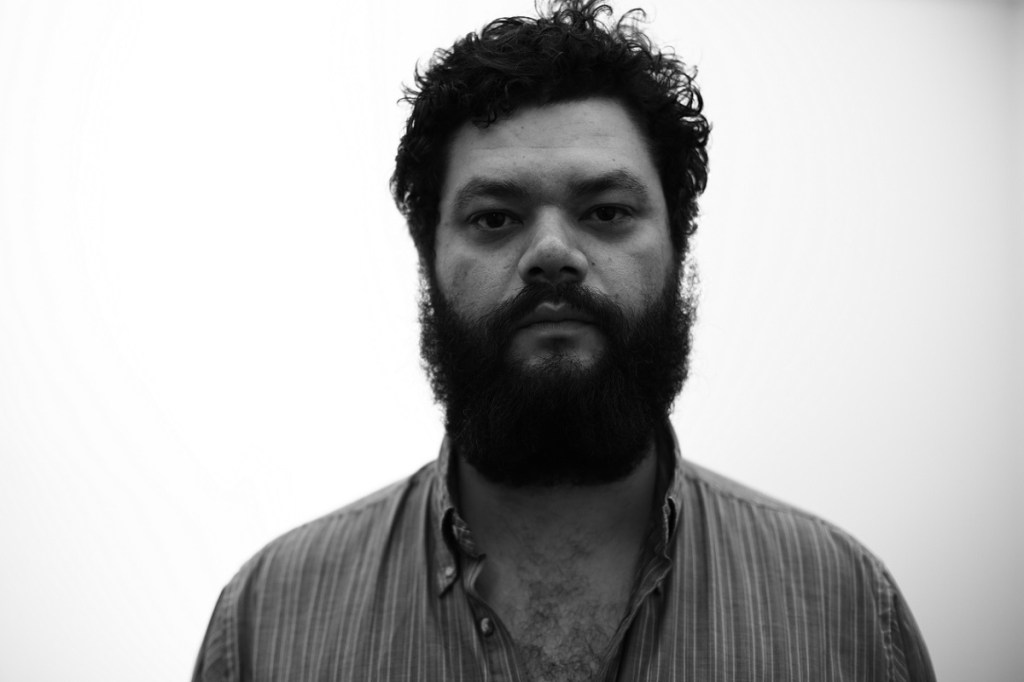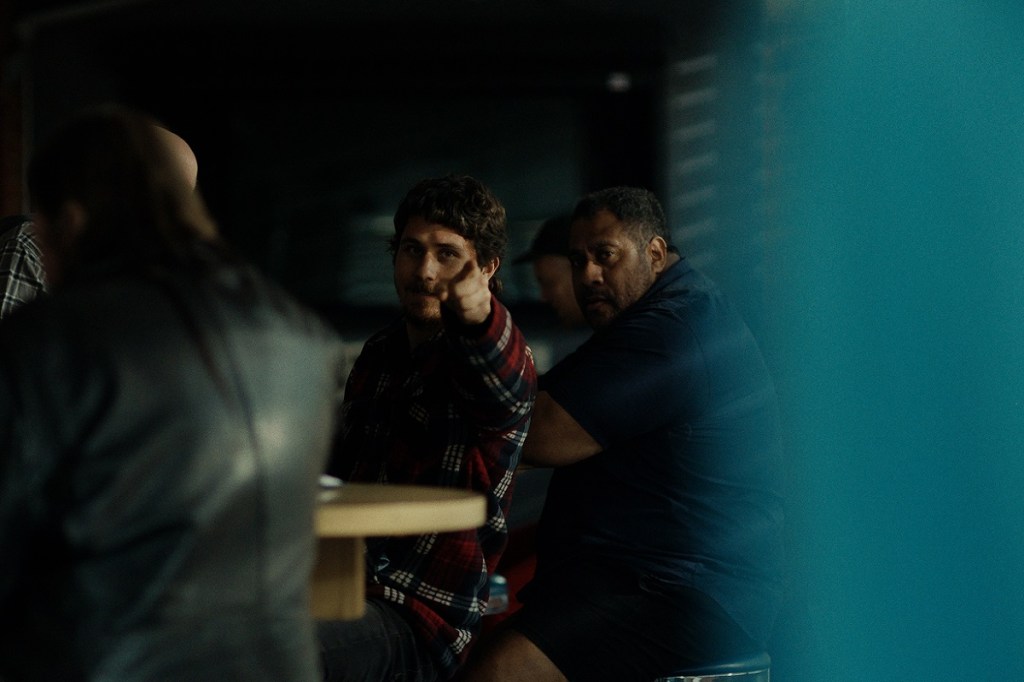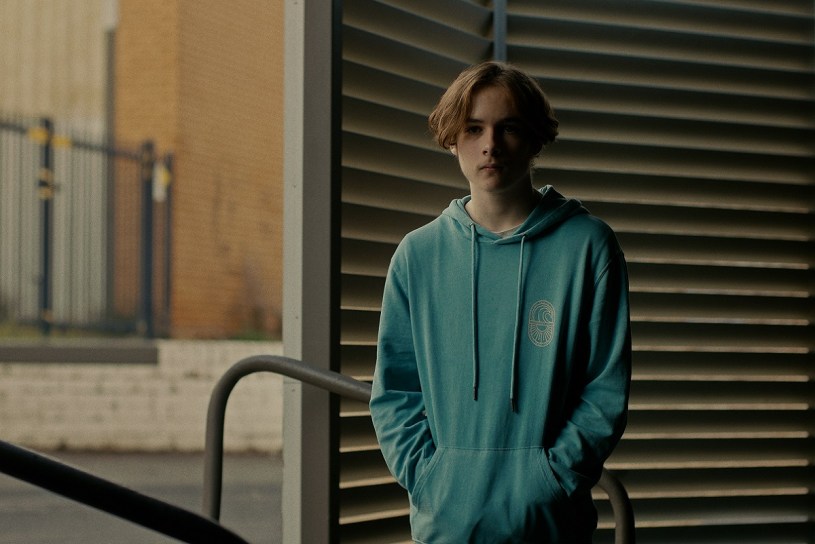In the opening scene of George-Alex Nagle’s short film, Mate, local no-hoper John is on his way to pick up reserved schoolboy Jack when he hears a horn behind him, leading to an angry outburst laden with obscenity.
It sets the tone for a distinctly Australian examination of masculinity and maturity that has made history as the first film from the country to win The Grand Prix in the Clermont-Ferrand International Short Film Festival.
Established in 1979, the event is the second-largest film festival in France after Cannes, traditionally attracting crowds of more than 150,000 people.
Mate follows John’s (Joshua Brennan) attempts to reconnect with son Jack (Jeremy Blewitt) over a single weekend in a working-class outpost of Western Sydney, with the former’s self-destructive nature threatening to derail any progress made.
The 33-minute film was shot on location in 2020 and produced by Sydney production company Ten Alphas.
Nagle, who attended the festival in France alongside co-writer Daniel Corboy and co-writer and producer Ben Tarwin, told IF it was a “bit surreal” to come home from France with the award after what had been a “very long, slow, difficult journey” to make the film.

“Daniel and I started the early stages of writing back in 2018, so it was about a three-and-a-half year process making this film,” he said
“I was writing a different feature film that was similar in a few ways but quite different in many other ways.
“[The short film] started off as more of a therapeutic creative project with which to funnel dark energy into.
“Over time, that became our main focus instead of working on this other film and it just developed and evolved from there.”
Initially intended to be a small series of vignettes, the film’s length fluctuated during production, at one point being considered for a feature.
Nagle said he was apprehensive about pursuing the “middle” running time at first, due to how they can be perceived in the industry.
“Oddly, they seem to be a thing in Europe and Asia but they are sometime disparaged in Australia,” he said.
“But we had a story and it went for as long as it needed to go and we didn’t want to add any more to it, even though I could have.

“We couldn’t really afford to do a feature but then looking at the shorts that were out at the time, we wanted to make something that had a deeper sense of narrative complexity and a deeper exploration of themes, as well as a full narrative.”
Also of early concern for Nagle was how a film that is littered with references to the Penrith Panthers and Silverchair would be received outside Australia.
Despite “specifically reflecting a pocket of Western Sydney”, he said Mate‘s themes and central conflict were identifiable in all cultures around the world.
“I think that sometimes filmmakers need to sanitise or wash the cultural specificity in order to appeal to international audiences,” he said.
“A lot of the films I was looking at for reference were from France, Spain and Belgium, and what I loved about them was that it was also a window into a culture that I wasn’t entirely familiar with.
“If it does have that universal central story and theme then it makes you realise that beyond the superficiality of culture, we’re all the same, in terms of the anxieties, fears, hang-ups and passions we share.”
Mate is currently completing the film festival circuit and now qualifies for entry into the Academy Awards.


